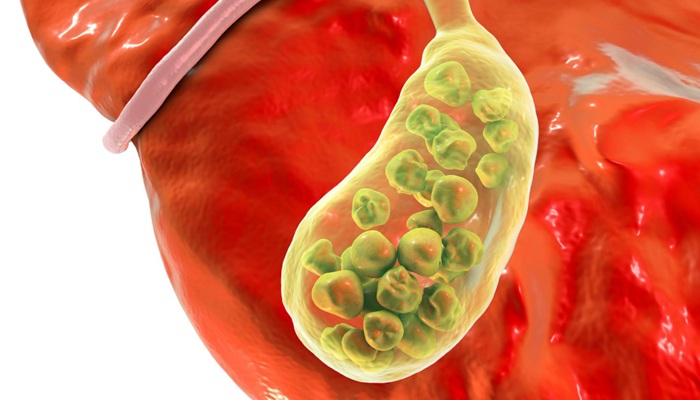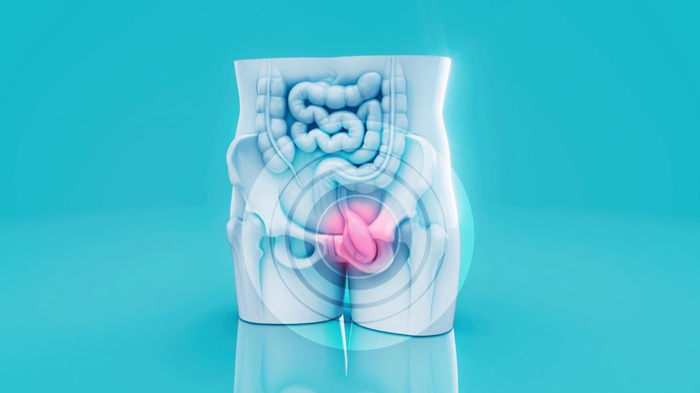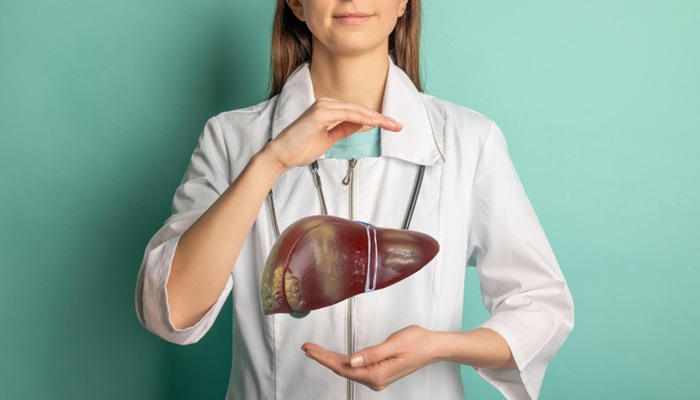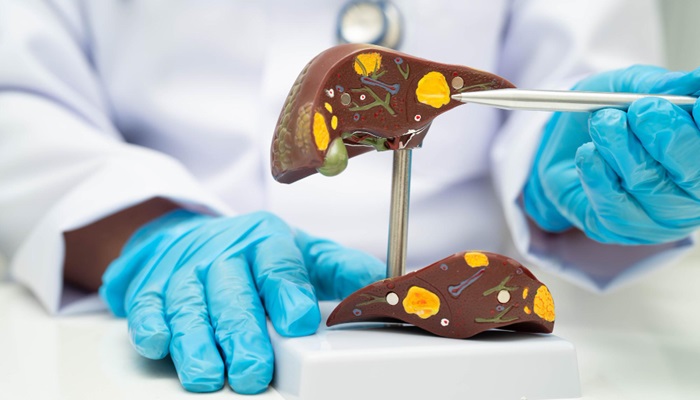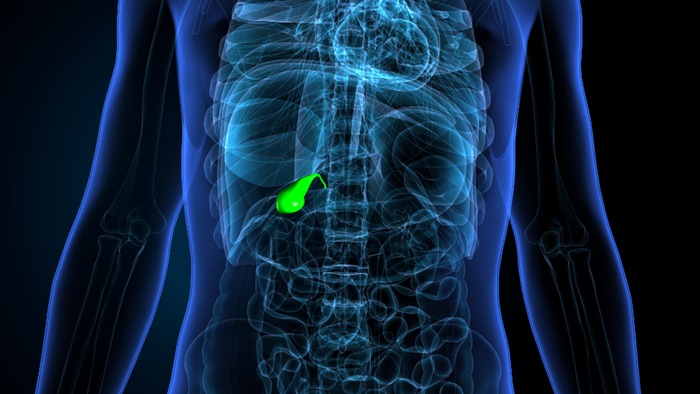What is pancreatic cancer?
Pancreatic cancer occurs when the cells in the pancreas mutate (change) and multiply uncontrollably, forming a tumor. The pancreas is a gland located between the spine and the stomach. Its function is to produce hormones that regulate blood sugar levels and enzymes that aid in digestion.
Most cases of pancreatic cancer begin in the pancreatic ducts. The main pancreatic duct (Wirsung’s duct) connects the pancreas to the common bile duct. Early-stage pancreatic tumors are not visible on imaging tests. For this reason, many people are not diagnosed until the cancer has spread (metastasized). In addition, this type of cancer is resistant to many cancer drugs, making it difficult to treat.
Here are some types of pancreatic cancer:
- Exocrine tumors: More than 90% of all pancreatic tumors are exocrine tumors. The most common type of pancreatic cancer is adenocarcinoma, which starts in the cells that line the organs.
- Neuroendocrine tumors: Less than 10% of pancreatic tumors are neuroendocrine tumors (NETs). Islet cell carcinoma is another name for NETs.
Symptoms of pancreatic cancer
Pancreatic cancer symptoms often do not appear until the disease is advanced. When severe, signs and symptoms may include:
- Abdominal pain that radiates to the side or back
- Loss of appetite
- Weight loss
- Yellowing of the skin and the whites of the eyes, known as jaundice
- Pale or floating stools
- Dark-colored urine
- Itching
- New diagnosis of diabetes or worsening of existing diabetes
- Pain and swelling in the arm or leg, which may be caused by blood clots
- Fatigue or weakness
Causes of pancreatic cancer
Anyone can develop pancreatic cancer. However, the exact cause is not always known.
A person may be more likely to develop pancreatic cancer if they:
- Are over the age of 65 (pancreatic cancer is less common in people under 40)
- Have certain medical conditions, such as chronic pancreatitis
- Have a family history of pancreatic cancer
In addition, many pancreatic cancer cases are linked to lifestyle factors.
Diagnosis of pancreatic cancer
Early-stage pancreatic cancer is difficult to detect. This is because doctors cannot feel the pancreas during a routine examination and tumors are hard to see with standard imaging tests.
If a doctor suspects pancreatic cancer, they may recommend a combination of tests, which may include:
1. Imaging tests
- CT scan
- MRI
- PET scan
- Endoscopic ultrasound
2. Blood tests
Blood tests can detect tumor markers—substances that may indicate the presence of cancer.
For pancreatic cancer, levels of carbohydrate antigen (CA) 19-9 may suggest a tumor. CA 19-9 is a type of protein released by pancreatic cancer cells.
3. Laparoscopy
Doctors may use laparoscopy to determine the severity of pancreatic cancer and whether it can be surgically removed. During the procedure, doctors make several small incisions in the abdomen and insert a long tube with a camera at the end to look inside the abdomen for abnormalities. A biopsy is often taken during this procedure.
Treatment for pancreatic cancer
1. Surgery
Surgery is the only realistic way to cure pancreatic cancer. However, it is only recommended if doctors believe they can remove the entire tumor. Otherwise, the benefit may not be significant.
For surgery to be successful, the cancer must be confined to the pancreas. Even then, complete removal may not be possible.
Different surgical techniques are used depending on the tumor’s location and size.
2. Chemotherapy
Chemotherapy uses drugs to kill cancer cells. These drugs can be administered orally or through an IV. Doctors may use chemotherapy as a standalone treatment, especially for advanced pancreatic cancer. It may also be recommended before surgery to shrink the tumor or after surgery to destroy remaining cancer cells.
3. Radiation therapy
Radiation therapy uses high-energy X-rays to kill cancer cells. This treatment is commonly used to treat pancreatic cancer.
Mandaya Royal Hospital Puri has a Comprehensive Cancer Center that can help with the detection and treatment of various types of cancer, including pancreatic cancer. Don’t hesitate to visit our hospital and consult with our team of experienced and specialized doctors.
Use our Chat via WhatsApp feature, Book Appointment, or the Care Dokter app—available on Google Play and the App Store—to simplify your visit, check your queue number, and get complete information.





